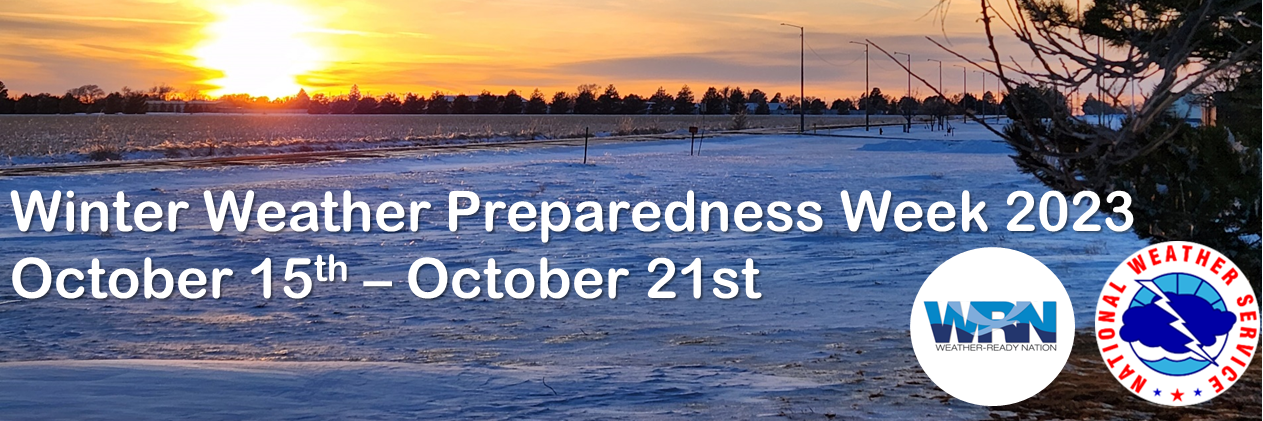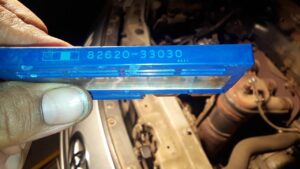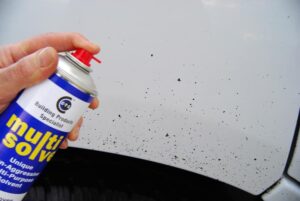In colder regions, it is not uncommon for drivers to experience various issues with their vehicles during the winter season. One common concern is the ABS (Anti-lock Braking System) light coming on. But can cold weather really cause this warning light to illuminate? Let’s explore this topic further.

Credit: www.weather.gov

Credit: www.reddit.com
The Impact of Cold Weather on ABS Systems
Extreme temperatures, like those experienced in cold winter months, can affect the function of a vehicle’s ABS system. The ABS module, which houses vital electronic components, can be impacted by the expansion and contraction that occurs due to temperature changes in the engine bay.
In some cases, these temperature fluctuations can lead to cracked or disconnected solder joints within the ABS module. If this occurs, it can trigger the ABS light to come on and indicate a fault within the system. It is important to note that temperature-related ABS issues are relatively rare, but they can happen.
Other Possible Causes Of Abs Light Coming On
While cold weather can potentially affect the ABS system, it is also essential to consider other factors that may contribute to the illumination of the ABS warning light. Here are some common causes:
- Malfunctioning ABS module
- Low brake fluid levels
- Broken wheel speed sensors
- System turned off accidentally
If you encounter an ABS light coming on, it is advisable to have your vehicle inspected by a qualified mechanic to identify the exact cause of the issue.
Preventive Measures for Cold Weather
To minimize the risk of ABS system issues during cold weather, there are a few preventive measures you can take:
- Maintain proper brake fluid levels
- Ensure your ABS module is in good condition
- Keep your vehicle in a garage or sheltered area
- Follow regular maintenance schedules
By implementing these preventive measures, you can reduce the chances of your ABS light coming on due to cold weather-related issues.
Common Misconceptions about ABS Light in Cold Weather
Although there are instances where cold weather can impact the ABS system, there are also some misconceptions surrounding this topic:
- Temperature alone: Temperature alone is not the sole factor responsible for ABS light illumination. Other factors, such as system malfunctions or low brake fluid, can also trigger the warning light.
- Geographic location: ABS light issues are not limited to specific geographic locations. While cold climates may increase the likelihood of temperature-related ABS problems, they can occur in any climate under certain circumstances.
It is essential to remember that individual case scenarios may vary, and it is always best to consult with a qualified mechanic if you have concerns about your ABS system.
In Conclusion
Cold weather can potentially cause the ABS light to come on due to temperature-related impacts on the ABS module. However, other factors such as system malfunctions, low brake fluid levels, or broken wheel speed sensors can also contribute to this warning light. By following preventive measures and seeking professional advice when necessary, you can ensure the optimal performance of your ABS system during cold weather conditions.
Frequently Asked Questions Of Can Cold Weather Cause Abs Light To Come On
Why Does My Abs Light Come On When Its Cold?
The ABS light may come on when it’s cold due to the expansion and contraction of the ABS module’s internal components. This can cause solder joints to crack and disconnect. If the ABS system appears to be in good condition but there are issues with wheel speed sensors or ABS pump fault codes, consider checking the ABS module.
Temperature changes can impact the ABS system, so it’s important to address any potential malfunctions.
Does Temperature Affect Abs?
Temperature does affect ABS. Extreme cold can cause the internals of the ABS module to expand and contract, leading to cracked solder joints and disconnections. This can result in the ABS light coming on. Additionally, cold weather can cause brake fluid to contract, triggering the ABS light.
It is important to check the ABS module, wheel speed sensors, and fluid levels if the ABS light comes on in cold weather.
Can Cold Weather Cause Brake Light To Come On?
Cold weather can cause the brake light to come on due to the contraction of brake fluid, which may lead to a decrease in fluid volume. This can trigger the brake light on the dashboard. Additionally, extreme temperatures can cause electronic solder joints in the ABS module to crack, leading to a malfunctioning ABS system.
It is important to check the brake fluid level and consider the ABS module if necessary.
What Is The Most Common Cause Of The Abs Light To Come On?
The most common cause of the ABS light coming on is a malfunctioning ABS module, low levels in the fluid reservoir, broken wheel speed sensors, or the system being turned off. Cold weather can also cause the ABS light to come on due to the expansion and contraction of the ABS module’s internals, which can lead to cracked solder joints.
Consider checking the ABS module if other components appear to be in good condition.
Faq 1: Can Cold Weather Cause Abs Light To Come On?
Extreme temperature changes in a vehicle’s engine bay can cause vital electronic solder joints in the ABS module to crack and become disconnected, resulting in the ABS light coming on.





